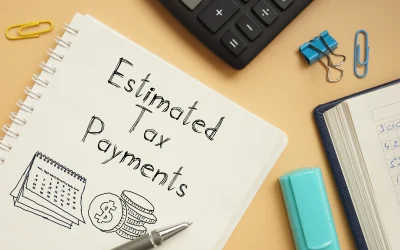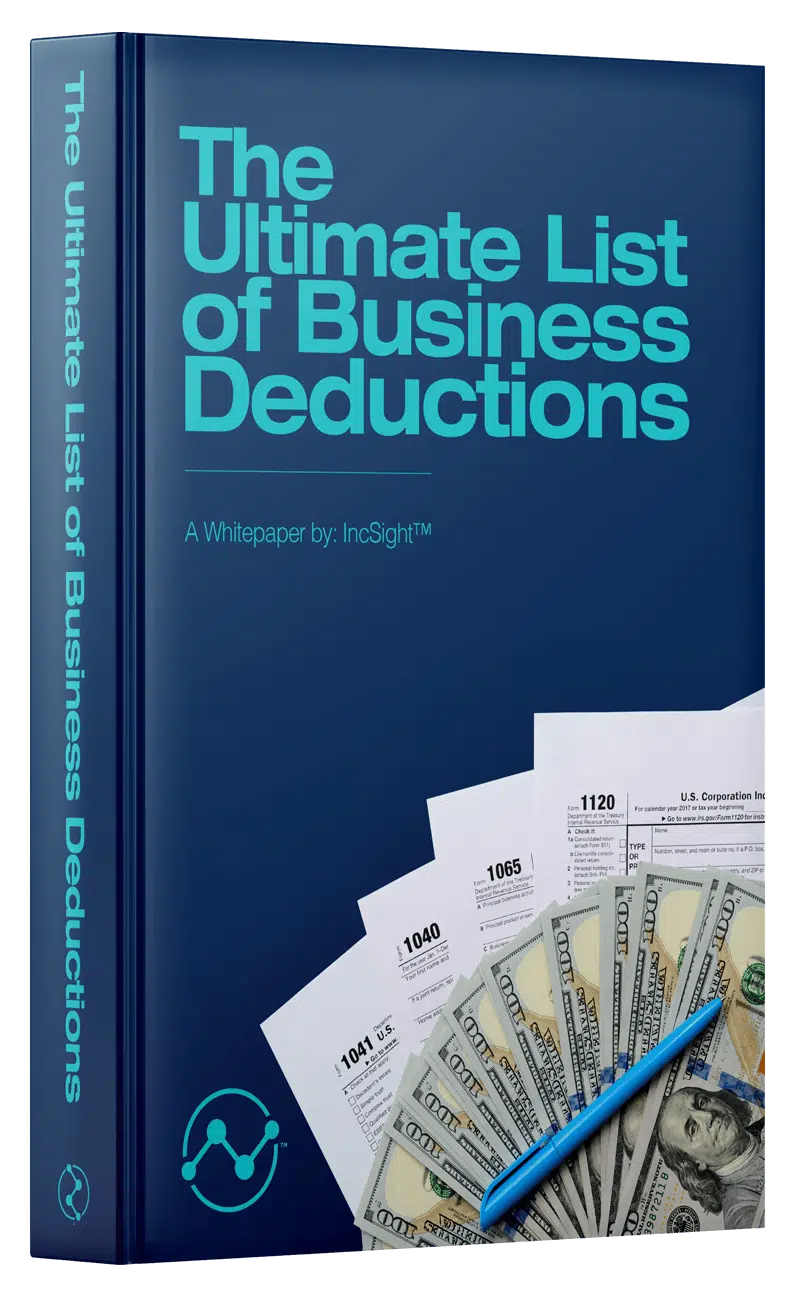If you have been listening to our Podcast or following our Blog for awhile you will know that we stress the importance of tax planning throughout the year and NOT during tax season. The fact remains true that if you are looking for and thinking about tax strategies now (in tax season) for last year (2021) you missed out on a lot of opportunities.
With that being said, we always do say that there are a few options available for those later comers and that’s exactly what we want to talk about here. We are going to outline tax strategies that may be available to you now, in tax season, for last years (2021) activity.
What Retirement Tax Strategies Are Available After Year-End?
- Traditional IRA or Roth IRA – These are standard retirement accounts available to both business owners and non business owners. You can contribute to a Traditional IRA or Roth IRA until your tax filing date or due date (Not to Exceed April 15).
- Traditional IRA Contribution Limits
- $6,000 (or $7,000 if 50 or older)
- No phase out if you and your spouse are not a participant in an employer plan.
- Starts to phase out if you are a participant in an employer plan and AGI’s of $105k (Married) and $66k (Single).
- Note: If you are a nonparticipant married to a participant the phase out starts at $198k.
- Roth IRA Contribution Limits
- $6,000 (or $7,000 if 50 or older)
- Starts to phase out at AGI’s of $198k (Married) and $125k (Single).
- Traditional IRA Contribution Limits
- EmployEE Contributions
- Unavailable, must have been done before 12/31.
- SEP IRA / Solo 401k / 401k / Profit Share – EmployER Contributions
- You can contribute until your tax filing date including extensions the employER contribution portions.
- Example: You are a sole proprietor and want to make a SEP IRA contribution towards 2021 and you have extended your personal return. You can make that contribution up until the date you file with a maximum of the extended due date.
- SEP IRA and 401k EmployER Contribution Limits
- 25% of W2 Wages or 20% of net self-employment income if a sole proprietor
- Max of $58,000
- You can contribute until your tax filing date including extensions the employER contribution portions.
What Business Tax Strategies Are Available After Year-End?
- Complete and Accurate Bookkeeping
- If you have not yet completed your bookkeeping, do so now. This is an area where so many deductions are missed.
- Go through all of your spending for the year with a fine tooth comb to see if there are any deductions related to the business that can be added to the bookkeeping, if not already.
- Think of things like: Internet, Cell Phone, Asset Purchases (Laptops, Tablets, Smart Watches, etc.), Meal Expenses, Gifts, Insurance, Office Expenses/Supplies, Travel, etc.
- Essentially take a little time to see if there were business expenses that may have been paid personally that can be switched over and included your bookkeeping and thus tax return.
- Home Office Deduction
- Do not be afraid to take a valid home office deduction. Somewhere along the line accountants tried to scared business owners with this one but it is a completely legal deduction that every business owner should be taking advantage of.
- Automobile Expenses
- Vehicle purchases would have needed to be made before 12/31 and would likely then be included on your bookkeeping but here we are specifically talking about mileage. Did you have a personal vehicle that you had some business use on? Be sure to calculate that and include it in your tax filing.
What Other Tax Strategies Are Available After Year-End?
- Health Savings Account (HSA) – As you may know from our article here, we believe that an HSA is a strategy everyone should be utilizing and maxing out if you qualify and have the funds available to do so.
- You can contribute to your HSA until your tax filing due date (April 15). Basically you are able to contribute to your HSA for tax year 2021 up until April 15, 2022.
- Reminder 2021 HSA contributions are limited to $3,600 for self-only and $7,200 for family and you need to have a HDHP. Check out our article for more information on HSAs.
- You can contribute to your HSA until your tax filing due date (April 15). Basically you are able to contribute to your HSA for tax year 2021 up until April 15, 2022.
- Coverdell IRA – This is an IRA designed for education savings. You do not get a tax deduction for this one but when you withdrawal from it for qualified education expenses, it is tax free (including any earnings).
- You can contribute to a Coverdell IRA until your tax filing due date (April 15).
- Reminder 2021 Coverdell contributions are limited to $2,000 per beneficiary. The person contributing must have adjusted gross income of $110k or less (Single) or $220k or less (Married).
- You can contribute to a Coverdell IRA until your tax filing due date (April 15).
Calendar Deadlines for In-Season Tax Saving Strategies
- April 15 or Filing Date (If Earlier)
- Traditional or Roth IRA
- Health Savings Account (HSA)
- Coverdell IRA
- Filing Date (Includes Extensions)
- EmployER Contributions to SEP IRA, Solo 401k, 401k, Profit Sharing, etc.
- Business Strategies
Hopefully this gives you a few last minute options and if you are stuck with a big tax bill this year, let this service as a big reminder to get on top of tax planning for 2022 earlier this year so you can ensure you have more strategies available especially the ones that must be implemented before year-end.
If you are not yet a member of our Tax Minimization Program, this serves as a great opportunity to join and start diving into our training to ensure this is the year you pay the least amount in taxes as legally possible.
It is never too early to start tax planning!








